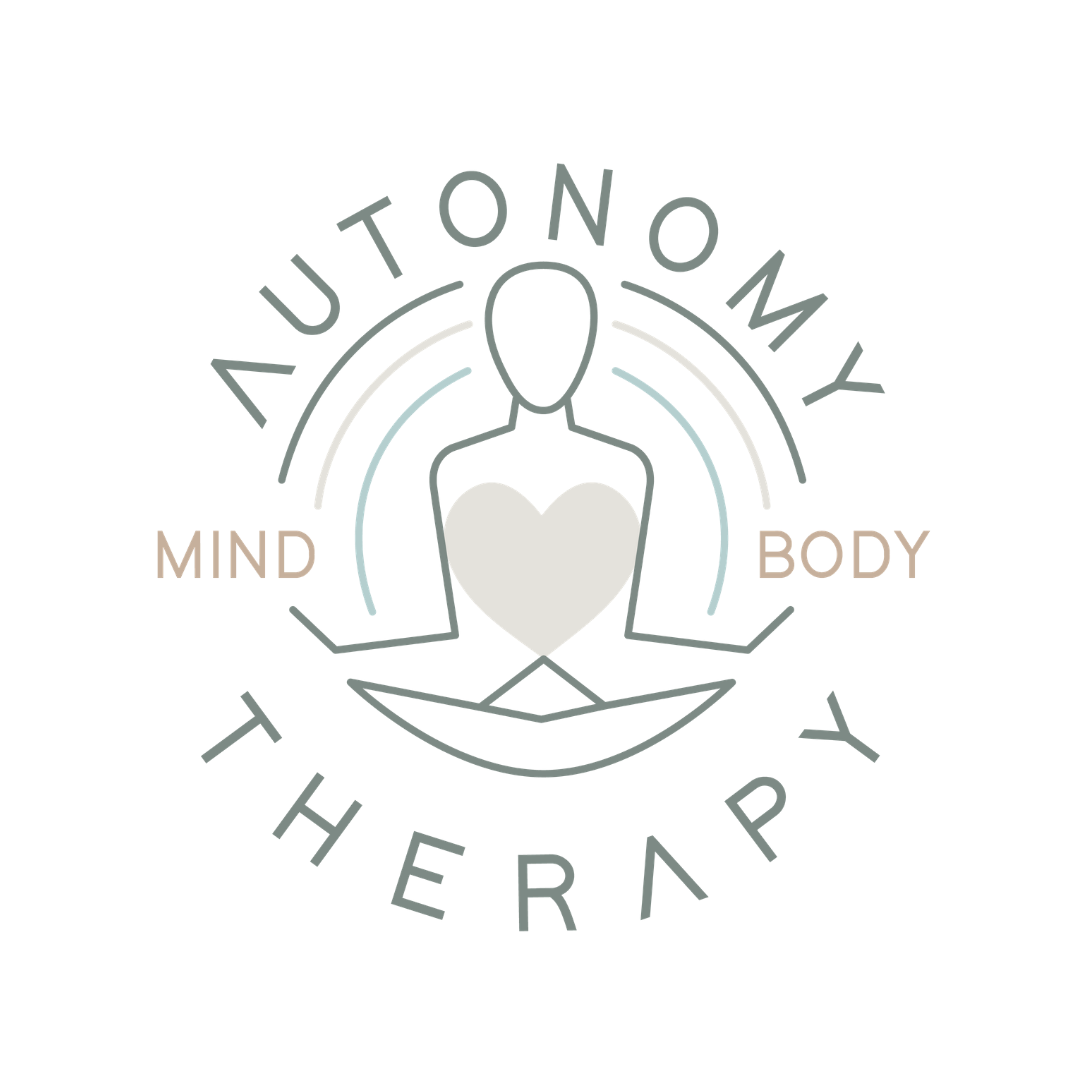So, What Do Those Letters Mean? – Understanding Therapists’ Credentials and How They Influence Treatment
Written by Tiffany Lepa, NCC, LPC-Associate
Our clinicians at Autonomy Therapy have a variety of credentials, and when looking for a mental healthcare provider, it can be confusing to understand what they all mean and how you should choose. Here’s a breakdown to help understand those letters that come after each therapists’ name and how this may influence their approach to therapy.
1. Licensed Marriage and Family Therapist (LMFT) – A Licensed Marriage and Family Therapist has completed their supervised post-graduate hours and is fully licensed by the state board. LMFTs have experience working with families and couples in addition to individuals. LMFTs are more likely to view mental health issues through a relational lens.
2. Licensed Marriage and Family Therapist-Associate (LMFT-A) – A Licensed Marriage and Family Therapist Associate has obtained their Masters degree, passed the national exam, and have completed practicum and internship that includes at least 300 hours, a portion of which are required to have been with families and/or couples. Before becoming a fully licensed LMFT, Associates must complete 3,000 hours under the supervision of a Licensed Marriage and Family Therapist Supervisor.
If you’re looking for a therapist who specializes in working with families and couples, working with an LMFT or LMFT-Associate is a great place to start!*
*Though social workers and professional counselors also work with families and couples, marriage and family therapists have completed additional coursework and mandatory relational field experience specific to working with these populations.
3. Licensed Professional Counselor (LPC) – A licensed professional counselor has not only completed their Masters degree but has also completed the supervised hours needed to become fully licensed by the state. Licensed professional counselors have been trained to work with a variety of issues through individual counseling, family, and group therapy in different mental health settings; however, unlike LMFTs, LPCs are not required to complete relational hours (couples + family) in their training.
4. Licensed Professional Counselor-Associate (LPC-A) – An LPC-Associate has graduated with their Masters degree, passed their national exam, and has completed practicum and internship that includes at least 300 hours. Like LMFT Associates, LPC Associates must also obtain 3,000 hours. It typically takes associates at least 18 months to become fully licensed, and during this time, they work under a Licensed Professional Counselor Supervisor.
5. Licensed Master Social Worker (LMSW) – A Licensed Master of Social Work has completed their degree, passed their exam, and completed many hours of fieldwork. Before becoming fully licensed, they must accrue hours under the supervision of a LCSW supervisor. Like LMFT and LPC Associates, in Texas, they must complete 3,000 hours of supervised work.
6. Licensed Clinical Social Worker (LCSW) – A Licensed Clinical Social Worker is fully licensed and has completed their postgraduate supervision hours. Though LPCs, LMFTs, and LCSWs all provide therapeutic services, a Masters degree in social work includes training not only in counseling, but also coursework on advocacy, policy, social welfare, and systemic issues. This allows LCSWs to practice in many settings outside of private practice.*
*Most LPC and LMFT coursework includes some component of this as well but not to the same degree of a Masters Program in Social Work.
7. Licensed Chemical Dependency Counselor (LCDC) – A Licensed Chemical Dependency Counselor has completed specialized training in chemical dependency, has passed an exam, and has finished the required hours of supervised experience working in the substance abuse field (residential treatment centers, hospitals, government facilities, etc.) under a fully licensed LCDC.
8. Nationally Certified Counselor (NCC) – This designation identifies counselors who have met national standards set by the counseling profession. This is a voluntary national certification, however, so not all counselors who meet those requirements opt to obtain this certification.
9. Licensed Marriage and Family Therapist Supervisor (LMFT-S) – A Licensed Marriage and Family Supervisor not only works with individuals, couples, and families, but has also completed additional training to support LMFT-Associates.
10. Intern/Therapist-In-Training – An intern or therapist-in-training is a student completing their Masters degree and doing their clinical fieldwork. They are likely in their last or second to last semester of their program which means they have taken intensive courses that have prepared them for clinical work. During this time, interns receive supervision not only from a university professor but also from their site supervisor.
Some perks of working with an intern include lower cost AND knowing that your therapist spends extra time consulting with experienced professionals weekly.
Takeaways:
One degree is not better than another! Professional counseling, marriage and family counseling, and social work programs just traditionally have slightly different philosophical backgrounds to viewing and treating mental health issues. Regardless, they have all completed rigorous coursework and fieldwork preparing them to work with a variety of populations.
Associates are NOT students. An associateship is similar to residency, if we are thinking about the traditional medical field. Associates have completed intensive coursework and many hours of fieldwork with clients while in their graduate program. When working with an associate, you are getting the benefit of working with two professionals since associates are required to consult with their supervisor weekly who can offer different knowledge and expertise.
Though Associates (LMFT-A, LPC-A, or LMSW) cannot accept insurance, they generally offer a lower rate or a sliding scale.
To summarize: While there are a variety of licenses and credentials within the mental health field, these professionals provide similar services - they just have slightly different training. Furthermore, it also depends on the clinician’s unique educational and field experience as well as additional certifications or training.Not sure who the best licensure fit might be for you? Fill out our contact form and a member of our team will reach out ASAP to discuss!

